Messaging about the possible positive impact of aquaculture on the environment persuaded survey respondents the most
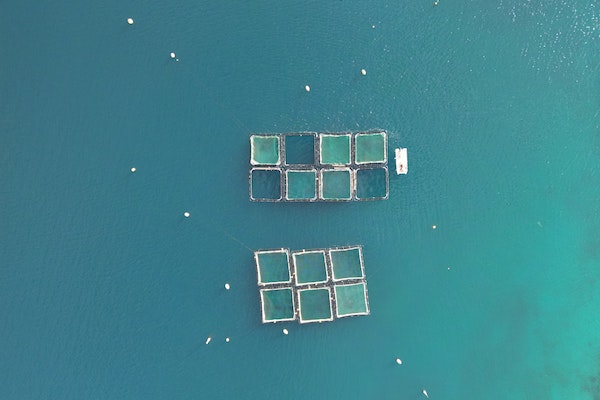
A new study reveals how perceptions of seafood and seaweed farming can change in respondents and who they saw as the most trusted sources to deliver those messages.
The study, which was published by the Aquarium of the Pacific and collaborators from the School for the Environment at the University of Massachusetts Boston, the University of Southern California Sea Grant Program and the Department of Environmental Studies and Sciences at Santa Clara University, focused on people residing in the western and northeastern coastal states of the United States – specifically, stakeholders who would need to live with an expanded marine aquaculture industry.
“Our results suggest that sustainability themes, delivered by trusted sources, can convert naysayers regarding aquaculture into supporters,” said Dr. Peter Kareiva, who is an environmental scientist, an author on this study and Aquarium of the Pacific president.
Economic benefits and job creation were not the benefits that survey respondents found most persuasive. What changed minds was messages emphasizing the environmental benefits of seafood and seaweed farming. These benefits include having a stable and well-managed eco-friendly alternative to land-based foods and providing a sustainable alternative to wild fisheries. Altogether, this work suggests that communicating the potential environmental benefits of seafood farming expansion has the potential to shift public perceptions.
Data also revealed that seafood farming received more favorable responses from surveyed individuals after watching Ocean to Table, a video series produced by the Aquarium of Pacific. This series highlights responsible U.S. marine aquaculture or ocean farming. More than half of the respondents who began with a negative opinion of seafood farming shifted to a favorable opinion after watching one of these videos.
This study also asked respondents about what sources they most trusted when it came to aquaculture. Scientists, seafood farmers and aquariums/museum ranked highest.
Follow the Advocate on Twitter @GSA_Advocate
Now that you've reached the end of the article ...
… please consider supporting GSA’s mission to advance responsible seafood practices through education, advocacy and third-party assurances. The Advocate aims to document the evolution of responsible seafood practices and share the expansive knowledge of our vast network of contributors.
By becoming a Global Seafood Alliance member, you’re ensuring that all of the pre-competitive work we do through member benefits, resources and events can continue. Individual membership costs just $50 a year.
Not a GSA member? Join us.
Author
-
Responsible Seafood Advocate
[103,114,111,46,100,111,111,102,97,101,115,108,97,98,111,108,103,64,114,111,116,105,100,101]
Tagged With
Related Posts
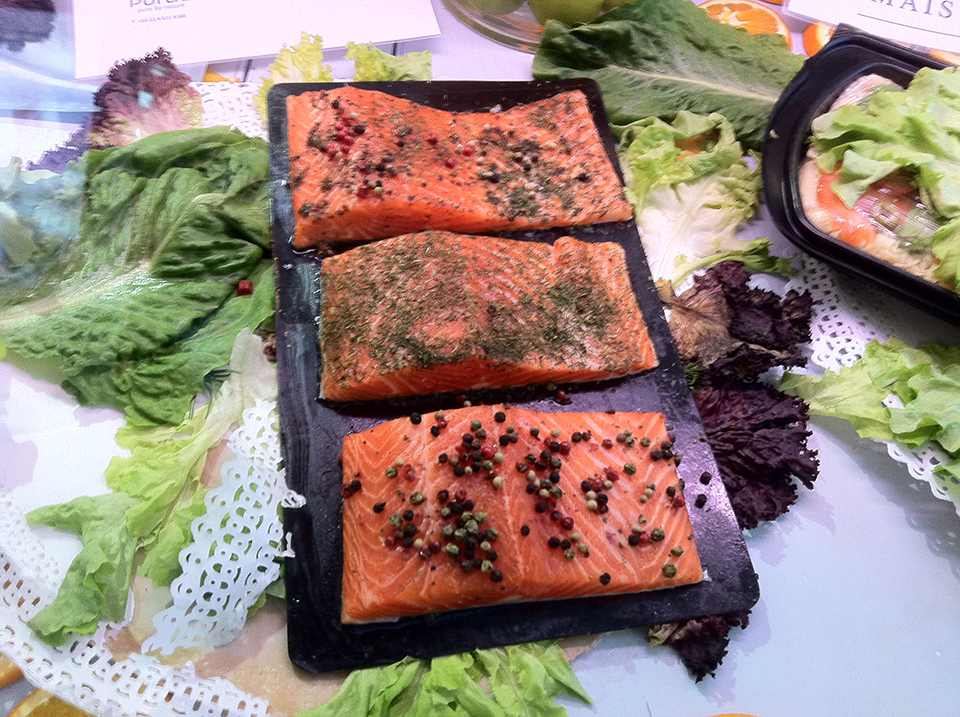
Health & Welfare
Consumers’ salmon perceptions relate to consumption frequency
Consumer perceptions regarding seafood influence consumers’ willingness to consider and purchase fish as a viable protein choice.
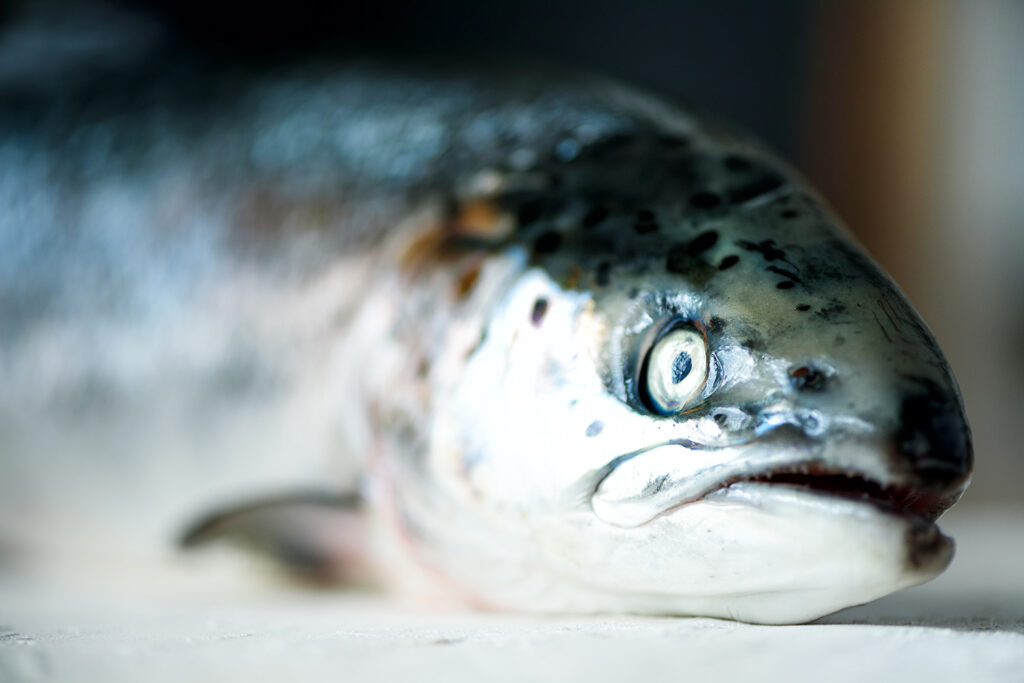
Intelligence
Canadians largely support ocean-based salmon farming, yet farms are being shut down
Amid a dizzying landscape of passions and politics, a recent survey showed the confusing messages Canadians are getting about salmon farming.
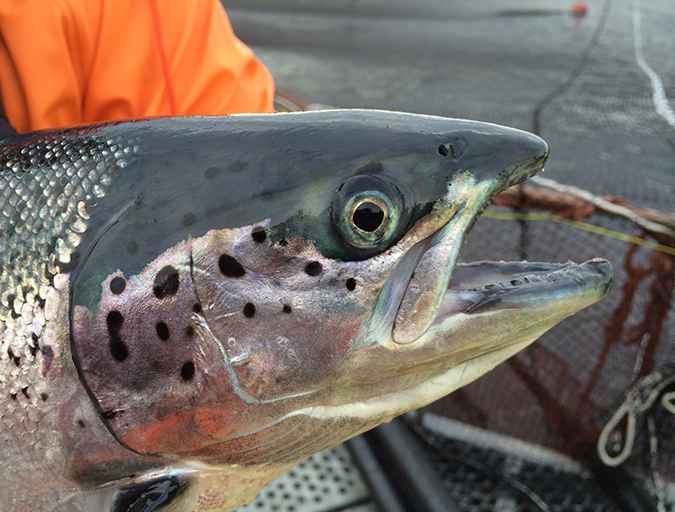
Intelligence
Changes in European consumer perceptions of farmed salmon
Household surveys have been carried out annually since 2012 in France, Germany and the UK on perceptions and consumption patterns for salmon and meat from agriculture. Results show that salmon is generally perceived as having more beneficial effects than chicken on brain development, bone development, certain cancer risks and coronary heart disease risk.
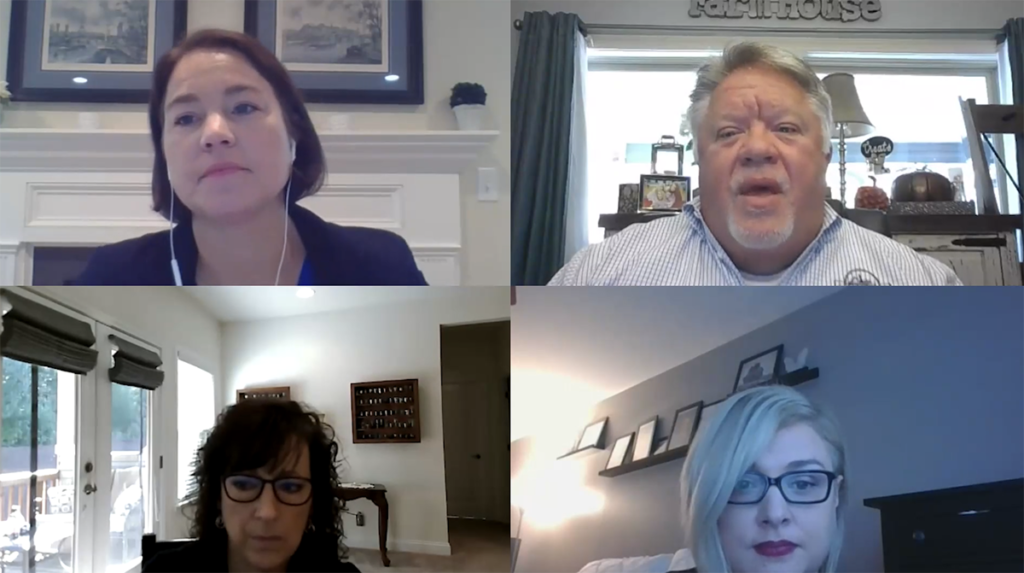
Intelligence
GOAL 2020: Seafood is on consumers’ plate and high on retailers’ agendas
With the retail and foodservice sectors working collaboratively, the seafood industry plugged crucial protein supply gaps and grew demand for fish.



